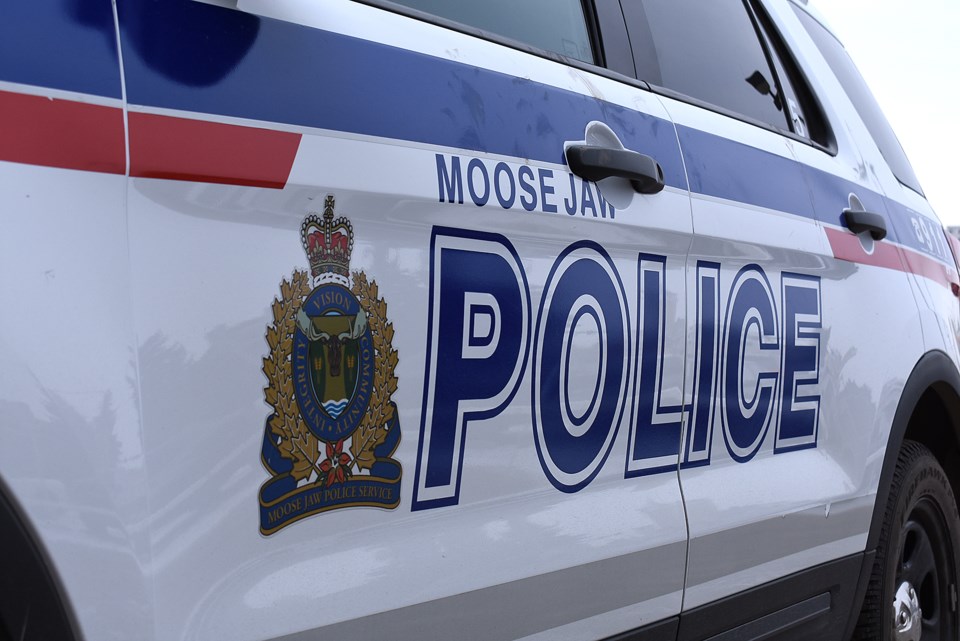MOOSE JAW - The Moose Jaw Police Service has launched a new initiative to enhance community safety, where its members will increase their presence in certain areas and record anything they discover.
Acting Supt. Cam Lewis told the Board of Police Commissioners on Oct. 9 that the agency kicked off its business property and public property check program on Oct. 8. Even though officers were already checking properties in the evenings, this initiative is more formal, more strategic and enables the agency to track and record those inspections comprehensively.
Each night, officers will visit certain corners of the city and attend to pre-identified locations such as schoolyards, parks or businesses. They will record anything they see or discover and report it back to headquarters, and then do the same thing elsewhere the next night.
This data collection allows the police service to respond to trends that it may identify in areas and focus on that park or business, Lewis said. These activities enhance the agency’s continued efforts to reduce crime in the community.
When asked whether the MJPS had seen an increase in people sleeping overnight in parks because of Riverside Mission’s closure, Lewis said he didn’t have any hard numbers about that but noted that the agency was monitoring that situation.
“We did, right away, identify that perhaps there would be people that are taking shelter in various spots (in greenspaces). And obviously, we don’t have the ability to restrict them from having access to that … ,” he said.
“We are keeping tabs and monitoring areas where we might anticipate — or could anticipate — people hanging out too long or even erecting encampments,” Lewis added. “… (but) we are not identifying any areas of great concern.”
Deputy Chief Rick Johns said the agency has used drones to search hard-to-reach, rarely checked wooded areas for people who may have set up shelters. However, officers have not seen anything in Wakamow Valley or elsewhere to indicate that impoverished residents have done that. If they had, the police would remove them and help them acquire resources.
Chief Rick Bourassa said the police service has heard residents’ comments about wanting it to remove “undesirable” people from public spaces. However, he pointed out that public places are public, so less fortunate residents have the right to be there.
Bourassa then read a document from the Kennedy School of Government at Harvard University, which said that police can’t just remove “undesirable people” from public parks and streets. This is because those are public spaces, such people can be there and officers must protect minority rights.
“So one of our significant functions is to protect individual freedoms. And sometimes that runs at odds with what people would like,” he said. “So simply because someone may be undesirable does not mean that we will be removing people … . We will follow the Charter of Rights and Freedoms at all times.”
Bourassa added that police will handle unlawful activity, but this topic about homelessness and impoverished people is not that.
Lewis also told the board that, to date, 117 business and non-business properties had joined the anti-trespassing program, while officers had recovered or seized and returned 50 shopping carts to grocery stores.




